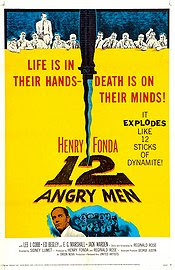These are specially commissioned books by established children's authors and are, as Heinemann themselves say "Epic stories of villains, crime, horror and adventure, these are the books boys and girls will not be able to put down... Created with series editor Frank Cottrell Boyce,HEROES is a new series of short, accessible original fiction novels and plays that teenage boys and girls will love. The perfect whole-class readers for Key Stage 3!" (in Columban terms, KS3 is ages 11-14, effectively forms Primary, 1st and 2nd).
Librarian Mr McConville recommends these very much, both for slightly reluctant readers and for pupils whose second language is English. They are a step up from the Barrington Stoke easy readers. In content they are very direct - you are straight into the adventure through the eyes of the protagonist - yet skilfully written and very engaging, and at about 120 pages there is room for character and plot development too, so they are genuine novels. They are also nicely made small hardbacks with excellent cover designs.
The titles are:
- The Perfect Enemy by F.E. Hinton - a boy opens a mysterious box and releases his evil double.
- Demon Hunters by Bali Rai - a time-travelling demon hunter takes on Jack the Ripper.
- i-assassins by Christopher Edge - ELITE teenage cyber spies protect the world.
- Do not Wake the Devil by A.F and P. Peters - Strange beasts roam the hills, an ancient menace is stirring.
- Ghost Game by Nigel Hinton - a haunted house, the presence of evil, a deadly game.
- Blood Oath by Chris Priestly - a young tribesman seeks to revenge the death of his father by joining the Roman Army in Britain.
- Eg and Me by David Grant - a key to a secret door leads to a tunnel to a secret and very scary world.
- Monster Island by Justin Richards - experiments on a secret island have produced monsters, and now they're out.







